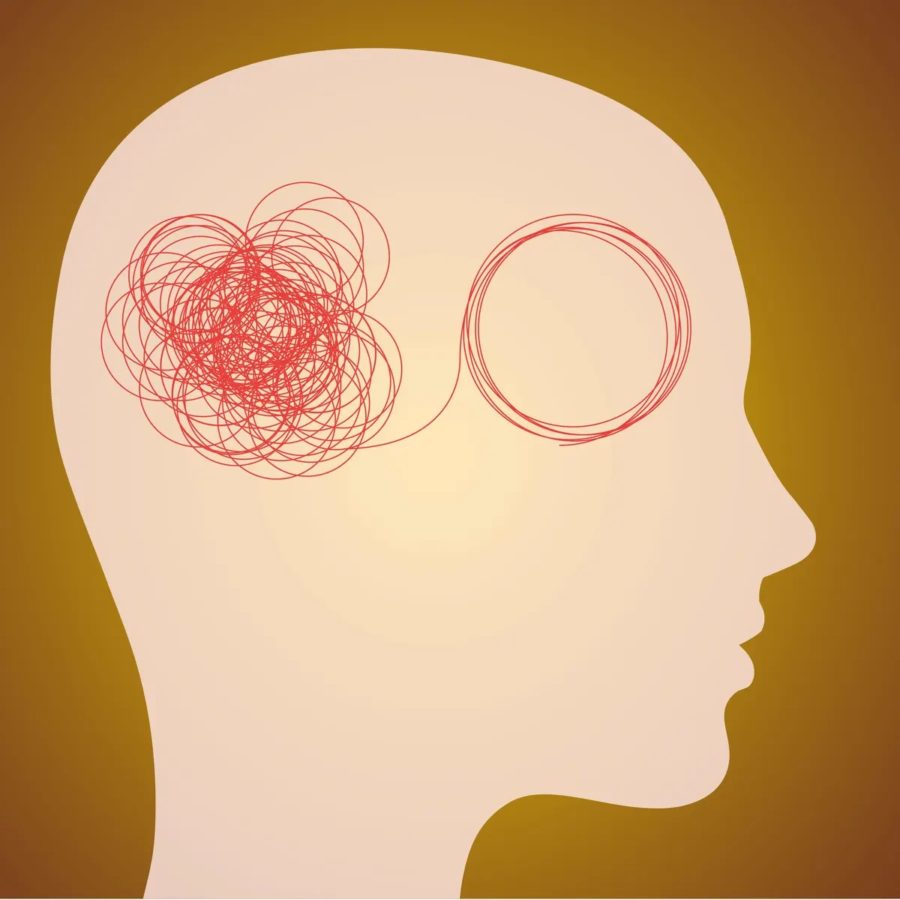The Self-Driving Subconsious
Biases inadvertently creep their way into daily life.
January 19, 2023
We often have preconceived beliefs or opinions based on the media surrounding us or simply childhood environment. Consequently, this automated system that drives our rationality will wedge itself in different aspects of one’s life, even if it is done subconsciously.
To begin, an extremely universal bias that builds on one’s judgment is known as the halo effect. How you perceive other people is heavily influenced by your biases when you first meet them. It occurs when you instantly evaluate or assume the best about other people based on anything pleasant you observe. Even if you don’t really know much about them, you inadvertently bestow a “halo” on them because they simply seem nice. As a core component of the halo effect, you identify a specific characteristic about someone and then associate it with other characteristics to generate a visual identity.
Attractiveness, for instance, is most likely an element that shows itself much more in the effect. A “physically beautiful” person might trigger impressions of trustworthiness and kindness. Moreover, younger people seem to attract more favorable impressions rather than someone who is older. When a “halo” is placed upon one’s head, the appointer may find themselves engrossed with the appointed. In modern times, this engrossment may look like the constant need to talk about them or constantly checking the social media account of the appointed. These effects not only apply to people you know in real life, but may also apply to how one perceives celebrities. Time and again, celebrities may be treated differently solely based on their appearance, and this may cause them to get a bad reputation or for netizens to find little things to get them “canceled”.
The opposite is also true; if a celebrity is appointed the imaginary halo, it might be more unchallenging to gain others’ trust. Therefore, if a celebrity endorses information, a routine, or product, their followers will be more likely to feel assurance as it comes from someone that they look up to. Jesse Lee (9) continues, “I’ve seen multiple media personalities get slammed on the internet just because they don’t fit in the unattainable beauty standards that some hold them to.” A slang counterpart to this parcel of effects may be known as “pretty privilege” which explains how if one is conventionally more attractive, success may come easier to them. In one study, it was discovered that if a server is more physically charming, they will earn about $1200 more a year in tips than those considered unattractive.
However, the halo effect covers more than just exterior; for example, if you learn that someone attended a prestigious university, you may assume that they are more qualified or skilled when it’s equally as likely that they are not. Presumptions can benefit you socially by filling in unaddressed details about others and directing your interaction. To give you an idea of what this could look like, you could witness someone grieving and presume they’re upset, so you try to console them. However, biases such as the halo effect may distort the facts and impact everything in your awareness, right down to the food you buy. Marketing manipulates your emotions. Label images and information might impact your perception of a product, making it appear healthy when it is not.
It’s difficult to overcome prejudices, and it takes intentional effort and self-awareness to do so. You may see other people or objects via the halo effect, and others will most likely do the same to you. Such biases exist in every second of most lives. And it may unfortunately lead to discrepancies in discernment that can have a negative impact on your relationships and daily life. Being conscious of this influence, on the other hand, might help you make better judgments and even help those around you to be more aware and take control of your feelings.





































